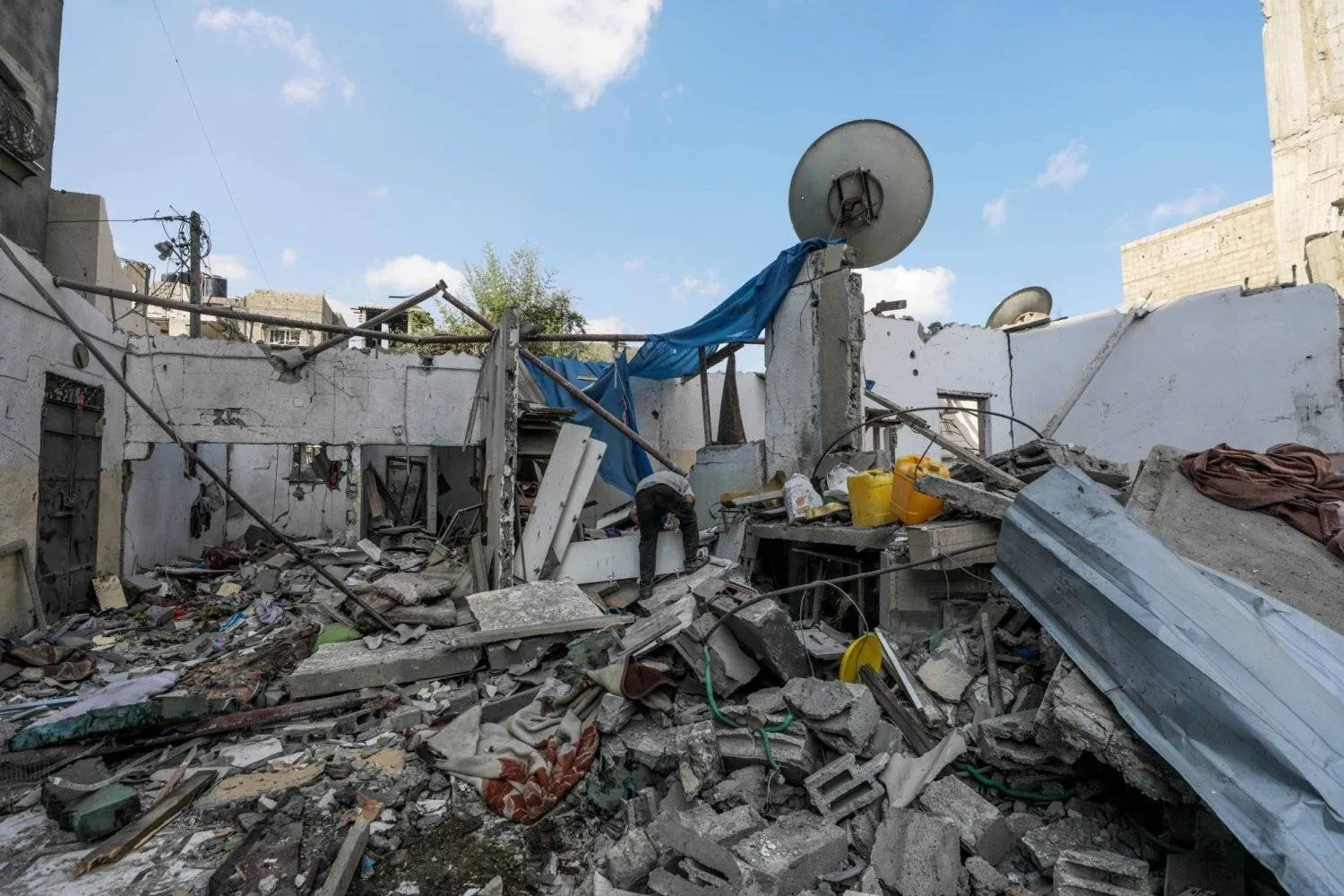Israel's economy grew less than expected in the second quarter of 2024, extending a period of volatility since the start of the war in Gaza, which Israeli economists said has cost the economy over $67.3 billion.
But the weakness is likely not enough to prompt a central bank rate cut next week given rising inflation.
The Central Bureau of Statistics said in an initial estimate on Sunday that gross domestic product (GDP) grew by an annualized 1.2% in the April-June period, below a Reuters consensus of 4.4%. On a per capita basis, GDP fell 0.4% in the quarter.
Overall growth was led by gains in consumer spending (12%), investment in fixed assets (1.1%) and government spending (8.2%), offsetting an 8.3% decline in exports.
First-quarter GDP was revised to 17.3% annualized from a prior estimate of 14.4%, bouncing back from a contraction of 20.6% in the fourth quarter of 2023.
Over the first half of 2024, Israel's economy grew 2.5% at an annual rate versus 4.5% in the same period in 2023, according to the statistics bureau.
“The economy is having difficulty recovering from the war, mainly because of supply and not demand problems,” said Leader Capital Markets Chief Economist Jonathan Katz.
He noted that the lack of Palestinian workers since the Gaza conflict erupted was preventing a full recovery in investment in residential construction.
Figures issued on Thursday showed a spike in the inflation rate to 3.2% in July from 2.9% in June, pushing it above the government's annual inflation target of 1-3%.
The Bank of Israel next decides on rates on Aug. 28.
Last Thursday, Israeli economists said the Gaza war has cost the Israeli economy over $67.3 billion.
“The war has already cost the Israeli economy more than 250 billion shekels ($67.3 billion), and the defense establishment wants an annual increase of at least 20 billion shekels ($5.39 billion),” Rakefet Russak-Aminoach, the former CEO of Israel’s Bank Leumi, told Israeli Channel 12.
“The deficit is much larger, we have evacuees, wounded, and many economic needs that are not even counted in the cost of the war,” she added.
Jacob Frenkel, a former governor of Israel’s central bank, said the country’s budget deficit reached 8.1% last July.
“The most urgent and important task is to deal with the deficit,” he said.
“Israel started the year 2023 without a deficit and since then the situation has deteriorated. By the end of July, the deficit reached 8.1%, or about 155 billion shekels ($41.8 billion). It must be covered.”
Uri Levin, a former CEO of Israel Discount Bank, said Israel will not be able to rehabilitate its economy without winning back the trust of international investors.









